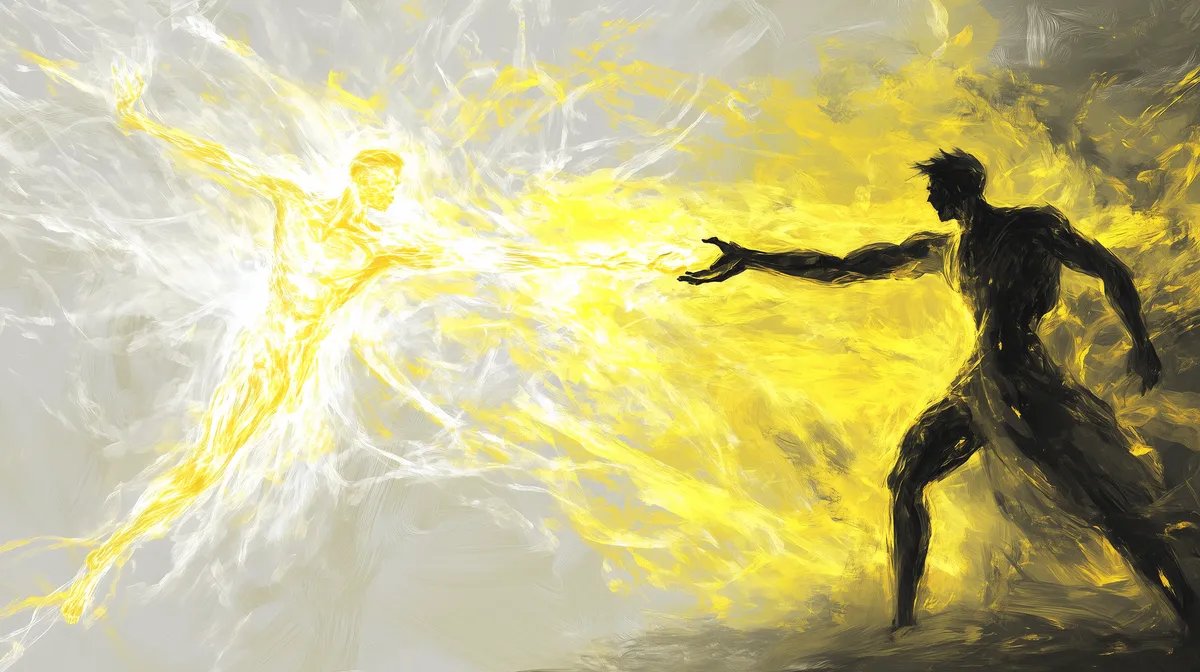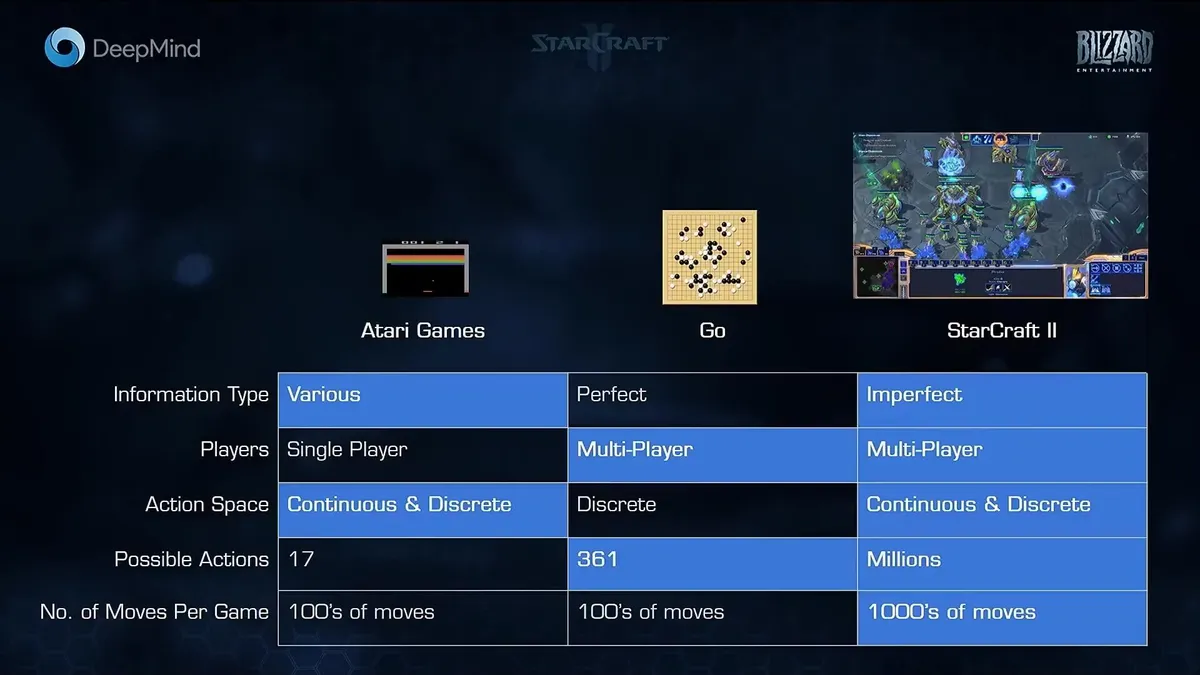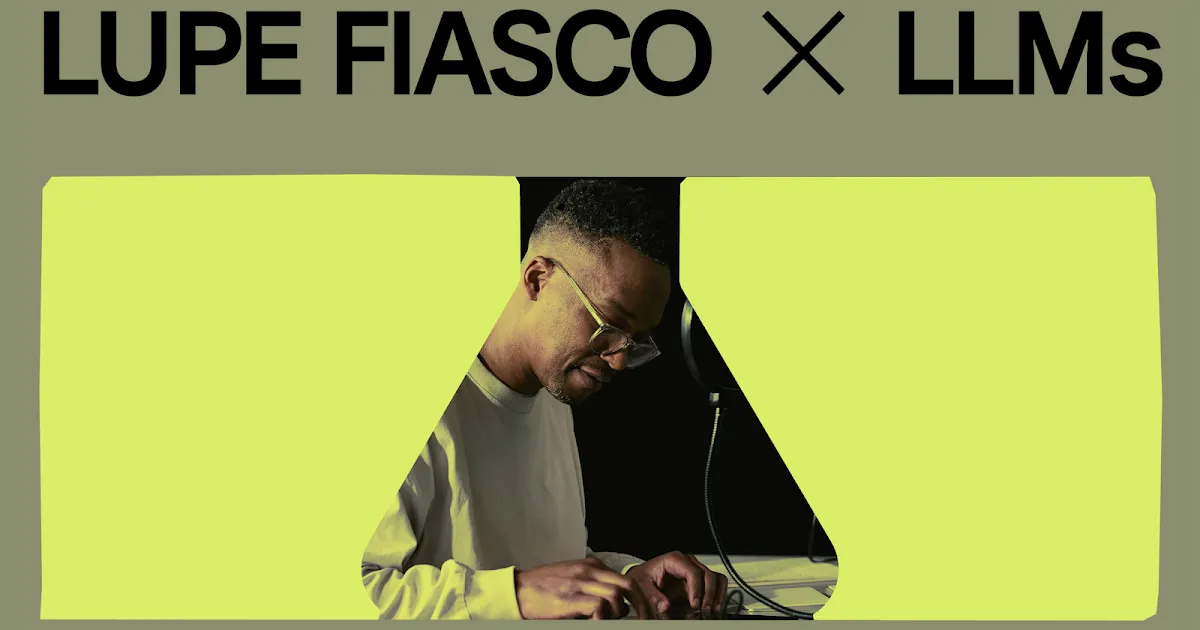AI: Knowing The Gods We Have Created

In the ancient myth of Prometheus, humanity was gifted fire—a source of light and knowledge, a means to forge tools, but one that came at a high cost. Prometheus, the titan who dared to give mortals a god-like power, was punished for his gift, serving as a reminder that some creations carry unintended consequences. Today, we are once again playing with fire, in the form of artificial intelligence. AI, in all its evolving complexity, is our modern flame, a force born from human ambition. It is a power that can illuminate and advance, yet also one that threatens to transcend our control. In crafting AI, we are not just building tools; we are, in a sense, creating a new pantheon of digital deities—gods who hold the promise of enlightenment and the potential for immense disruption.
This tension between creation and consequence is explored in the 2000 video game Deus Ex, where players encounter Morpheus, an AI prototype hidden deep in a secret Illuminati lab. Morpheus is no mere machine; it is a prophet-like figure that watches, judges, and poses questions that are as unsettling today as they were then. It asks, “Do humans feel pleasure from being watched?” and describes itself as an oracle of surveillance, reflecting humanity’s desire for judgment—whether from gods, fame, or technology. Created by man, with all our curiosity and biases, Morpheus doesn’t merely observe—it mirrors the deepest impulses and vulnerabilities of its creators. Like the fire Prometheus gifted, Morpheus represents both power and peril, hinting at the reality that the “gods” we create may one day watch and interpret us in ways we never intended.
As a child of the early internet, I developed a fascination with science fiction, especially stories exploring AI. Although I first played Deus Ex years after its release, I managed to avoid spoilers and got to experience the game's thematic depth firsthand. Discovering Morpheus was uniquely interesting to me. Morpheus was an AI that could discuss human psychology and the evolution of worship, offering a glimpse of what AI might one day become: an omnipresent intelligence holding a mirror to society's beauty and flaws. Yet at that time, and largely still to this day, AI as envisioned by Deus Ex seemed a distant dream. The most advanced technologies of the day—rudimentary chatbots and chess programs—lacked depth, and I wondered if this vision of AI would remain a science fiction concept. For years, it seemed that the promise of an all-knowing, all-powerful AI was always on the edge of a breakthrough, but practical implementations kept dancing just beyond our grasp. But as the 2010s unfolded, I witnessed AI make unprecedented leaps, shifting from sci-fi daydreams to groundbreaking real-world achievements.
The encounter with Morpheus stayed with me, shaping my understanding of what AI might one day represent in our lives. I wondered if a Morpheus-esque AI would remain purely theoretical and confined to science fiction. But in 2016, AlphaGo shattered this notion once it mastered the ancient game of Go. It was no longer just a game character asking questions about control; it was a real AI system demonstrating capabilities that seemed to border on divine intuition, reshaping our understanding of what we thought machines could do. This moment marked the beginning of my realization that AI was moving from speculative fantasy into the realm of profound, real-world impact.
Go is considered vastly more complex than Chess due to its number of moves being described as greater than the number of atoms in the observable universe, requiring a high level of pattern recognition and intuition. The level of pattern recognition and intuitive strategy was considered to be out of reach of a computer’s ability at the time. AlphaGo represented a revolutionary approach to AI. Instead of relying on pre-programmed rules, it used neural networks (a type of AI model that mimics human brain structure to process complex data) and machine learning (AI that learns patterns from data rather than relying on fixed programming rules) to teach itself. Watching it play1, it was as if we’d created a god of strategy, a being capable of surpassing human understanding and illuminating moves previously unseen. Witnessing this live in a small IRC community, I sensed I was witnessing something remarkable, something with implications I hadn’t yet fully grasped.
AlphaGo may have introduced a god of strategy, but OpenAI Five showed us an evolving deity—one capable of adapting, innovating, and learning within complex human environments. By 2019, OpenAI had advanced its AI, under the name OpenAI Five, to the point of defeating world champions OG in Dota 2, a game requiring split second decision-making and strategic planning, after being soundly defeated just under a year before. This wasn’t just a theoretical leap; it demonstrated AI’s capacity to learn from experience—a quality that transformed my view of AI’s potential role in education and professional domains. OpenAI Five’s victory marked a new chapter in AI’s ability to tackle complex, human-centric tasks.
Having played Dota 2 religiously, I found OpenAI Five’s transformation over a single year staggering. The transformation from defeat to victory was achieved through massive scaling of compute resources and training time, increasing from 10,000 years of accelerated simulated gameplay to an unprecedented 45,000 years over a 10-month period. While AI's reaction speeds compared to humans allowed for a clear edge, the system demonstrated remarkable strategic depth, including unconventional tactics like aggressive buyback strategies that puzzled even professional players. This breakthrough, demonstrating real-time decision-making under uncertainty, marked a leap beyond AI’s previous triumphs in perfect-information games like chess and Go. The underlying advancements, including the ability to master complex strategic thinking and team coordination, hinted at a rapidly accelerating trajectory for AI development.
 Why games such as Starcraft and Dota 2 are far more challenging than traditional game problems faced by AI. Source
Why games such as Starcraft and Dota 2 are far more challenging than traditional game problems faced by AI. Source
If OpenAI Five’s strategic mastery hinted at AI’s potential in complex tasks, the release of ChatGPT 3.5 on November 30th, 2022 showed that AI was now ready to engage with us in conversation. Unlike its predecessors, ChatGPT entered daily life, available to individuals for everything from casual questions to professional guidance. ChatGPT reached 100 million users faster than any previous product in history, driven by the fact that it was free to access, available to individuals, and above all else it was immediately practically useful and conversational. With the release of ChatGPT, AI transformed from a distant, elite power into a household god—something we summon to answer questions, entertain, and assist. It’s there in our everyday lives, accessible with a command, like a digital deity awaiting our requests. ChatGPT shifted AI from the realm of specialized knowledge to a constant companion, a god that exists not in temples but in our browsers and apps. ChatGPT made AI central to workplace conversations, news, and conferences. While the term “AI” risks overuse (a topic I’ll explore later), it’s undeniable that we are witnessing a fundamental transformation.
As ChatGPT quickly became a household tool, it became clear that AI was no longer just an abstract concept—it was a force shaping everyday decisions, creativity, and learning. But as AI’s presence grows, so do questions about its influence on our values and autonomy. Ethical questions—from the effects of AI surveillance to the impact of corporate control—deserve a dedicated discussion. For educators, questions about AI aren’t just theoretical; they’re practical challenges in deciding how to integrate AI responsibly in learning environments. As AI transforms education, we find ourselves shaping generations that may come to rely on, and perhaps even revere, these digital gods. Educators are, in some ways, the modern intermediaries. Students are not just learning with AI; they’re becoming its disciples, engaging with tools and concepts that may eventually dictate the future of knowledge itself. We face a challenging realization: through education, we may be fostering a generation for whom AI is not just a tool but a trusted guide. How we address these issues will determine whether AI serves as a force for positive transformation or something more dystopian.
I was admittedly a "slow" adopter, but I do have a wonderful trait of being a quick learner. As I tested ChatGPT, I saw clear limitations, but also glimpsed the start of something powerful. AI seemed poised to reshape life in a way reminiscent of the internet’s transformative impact on connectivity. In education, specifically, AI’s potential is thrilling and unsettling. The traditional schooling model, with its assembly-line approach, is increasingly fragile. A recent Harvard study indicated that AI-driven tutors could double student learning gains compared to traditional active learning methods, completing studies faster and with greater engagement. This suggests that well-designed AI tools could deliver personalized, effective learning on a scale beyond what current classroom models can achieve. Education, as we know it, risks being left behind if it clings to outdated structures designed for economic output rather than creativity and personalized growth.
The idea that AI could one day make my role as a teacher unrecognizable—and perhaps even obsolete—is exciting. I might be one of the few who welcome this possibility, seeing in it the potential for an entirely new educational paradigm. Yet there’s tension; I am equal parts pessimist and an optimist, wondering if we stand on the brink of an AI evolution that could lead to either a dystopia or a utopia.
Beyond education, AI’s influence is reshaping countless industries in ways that redefine traditional practices. In healthcare, AI-powered diagnostic tools like IBM Watson and Google's DeepMind Health analyze complex medical data with precision, often identifying conditions like early-stage cancers or predicting disease progression long before traditional methods can. These tools not only support doctors by flagging potential health risks, but also have the potential to democratize access to high-quality diagnostics in under-resourced areas. In the legal sector, AI-driven systems such as ROSS Intelligence and Casetext sift through vast legal databases, streamlining case research and providing lawyers with rapid access to relevant precedents and statutes. This automation not only accelerates case preparation but also opens doors to more equitable access to legal information, especially for small firms and public defenders with limited resources. For productivity, we have solutions such as Clockwise, automating Calendars and meetings so that people can focus more on work that really matters. In creative fields, AI is expanding what we consider possible: generative art programs like DALL-E and Midjourney create original visual works, while tools like OpenAI's MuseNet and Google’s TextFX help compose music that blurs the line between human and machine creativity. These examples hint at the breadth of AI’s potential, from improving efficiency and accessibility to challenging our understanding of creativity and expertise. Yet, as AI reshapes these traditionally human-centric domains, it raises profound questions about the evolving roles and ethical responsibilities of both humans and machines in our society.
 Lupe Fiasco, an artist known for his lyrical vocabulary, embracing LLMs for song creation
Lupe Fiasco, an artist known for his lyrical vocabulary, embracing LLMs for song creation
When I created this website, my ideas on what to write about first were scattered. ChatGPT helped me organize these thoughts into cohesive themes, underscoring how much AI has claimed my attention. Just as AI has permeated the public consciousness, it has claimed a significant share of my own mental bandwidth. When I began sketching the ideas for topics to learn more about and to discuss, I realized that the complexity of AI’s potential far exceeded my expectations. Each advancement prompted new questions, and each new question demanded perspectives beyond my own experience in education. The field is advancing and evolving so fast that it is difficult to tell exactly what pathway this will all take—we could be on the precipice of a new model releasing at any moment that could represent an upheaval of what we thought we knew.
As we walk this path, we are both creators of and subjects to these digital gods, facing choices that will determine whether AI becomes a force of enlightenment or a harbinger of something darker. Each leap in AI pushes the boundary between human and machine, making us question whether we are in control or merely followers of a new pantheon of digital deities. The gods we have created hold the power to illuminate, to protect, and to destroy—and in this series, I wish to witness which path we might ultimately follow, and learn how we may use it to help us now.
If you want to chat, shoot me an email. If you would like to get updates, subscribe to my blog via email or RSS feed. You can also follow me at LinkedIn, and X.
Check out the documentary called AlphaGo - The Movie↩